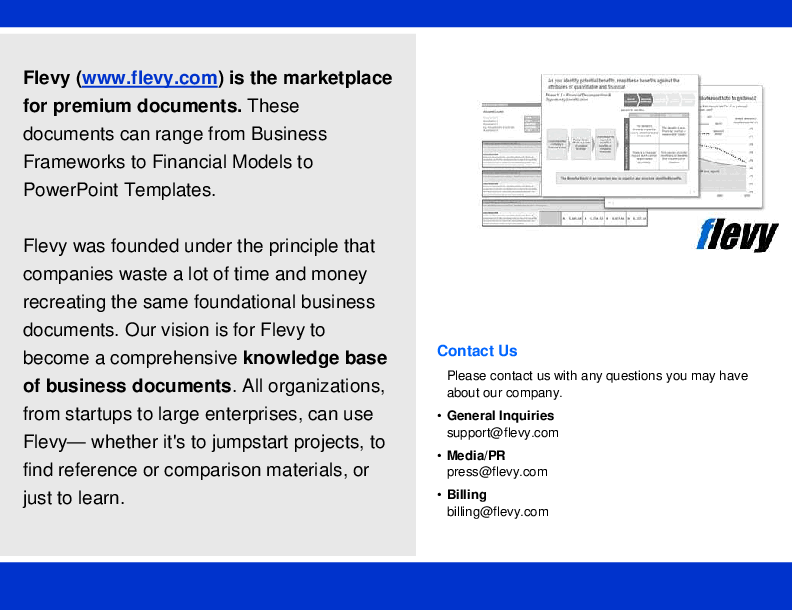Your Organizational Culture Blind Spots and What to Do About Them (Word DOCX)
Word (DOCX) 7 Pages
CORPORATE CULTURE WORD DESCRIPTION
To delve deeper into the Competing Values Framework and its implications for organizational culture, it's essential to understand the dynamics of each culture type highlighted in the article.
In the relationship-based culture, the emphasis on stability, cohesion, and teamwork fosters a supportive environment where employees share personal aspects and leaders act as mentors. While this culture values human capital and long-term relationships, it may face challenges such as slow decision-making and an overemphasis on employee satisfaction at the expense of productivity.
On the other hand, the innovation-based culture thrives on creativity, risk-taking, and adaptability. This culture encourages bold ideas and a focus on external innovation, leading to breakthrough products and services. However, the pursuit of radical ideas without proper structure can result in chaos and high-risk endeavors that may not always succeed.
In the competitive-based culture, organizations prioritize customer needs, shareholder value, and short-term gains through competitive strategies. While this culture drives performance and goal achievement, it may lead to burnout, unrealistic targets, and unsustainable practices if taken to extremes.
Lastly, the hierarchical-based culture values control, order, and continuous improvement, emphasizing quality and consistency. While this culture ensures stability and incremental improvements, it may hinder innovation, creativity, and employee autonomy due to excessive control and adherence to rules.
By recognizing the advantages, disadvantages, and blind spots of each culture type, leaders can tailor strategies to capitalize on strengths and address weaknesses effectively. This comprehensive understanding enables organizations to create a balanced and adaptive culture that aligns with their goals and values, ultimately driving long-term success and resilience in a rapidly changing business environment.
Got a question about the product? Email us at support@flevy.com or ask the author directly by using the "Ask the Author a Question" form. If you cannot view the preview above this document description, go here to view the large preview instead.
Source: Best Practices in Corporate Culture Word: Your Organizational Culture Blind Spots and What to Do About Them Word (DOCX) Document, moxy-consulting




